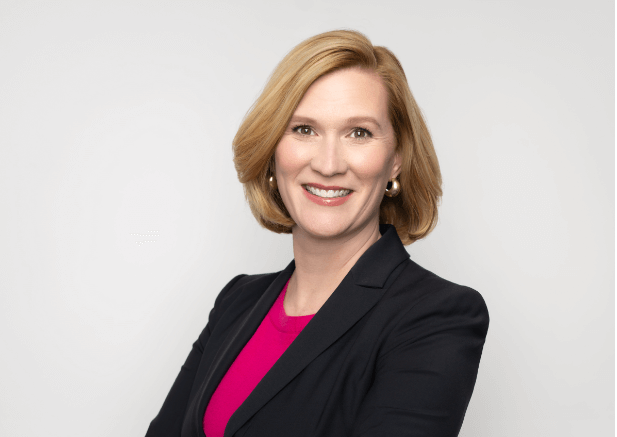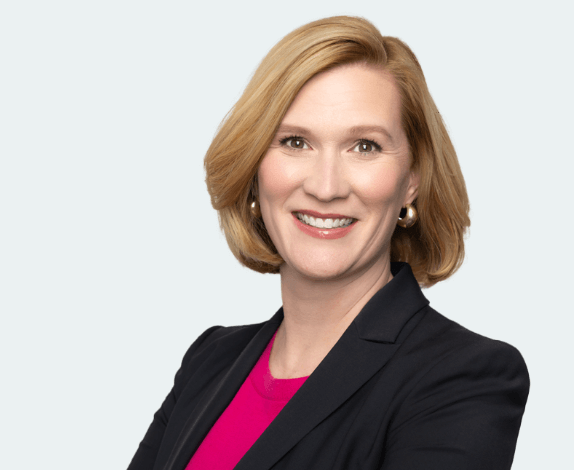
Interview
Q What factors are shaping the way fund managers think about operations in 2024?
If we rewind to 10–15 years ago, we dealt with a much smaller market. Fund managers would often be single strategy with LPs predominantly in their domestic base. Or, for example, North American clients were primarily institutional investors, with a sub-pocket of smaller European investors. All of that has changed quite significantly. Today more managers are running multiple strategies across all asset classes and AUM has mushroomed alongside a global investor base that’s increasingly diverse and demanding. Regulatory demands have also intensified. Important challenges are coming through, whether it’s ESG reporting or (although on hold) the Private Fund Adviser rules with the SEC. Everything is just much more complex than it has been in the past and this means managers in 2024 can’t run their back office and operations in the same way anymore. The days of simple emails and spreadsheets, and off-the-shelf accounting processes are long gone. Fund managers today need an extremely strong operational backbone. They need to quickly understand the big regulatory environment that’s facing them on the road ahead.
Q What role does technology play in this?
Best-of-breed technology is key, but it must be coupled with your operational environment. The question is: how do you marry the technology infrastructure without compromising your investment strategy? For 20 years at Alter Domus, we have built the tools to help support our managers in answering these questions.
Q What are the main friction points when a client decides to push ahead with a change?
Change is hard, especially when you have a strategy that’s been working so well. When you’re very successful it’s hard to take a step back and go through that change. With the speed at which technology and automation are happening, you must look at the change for what it is. Senior management buy-in is critical when bringing entire teams along on this journey. Success comes when there’s a deep understanding from management of how the day-to-day changes will impact their teams and where to identify areas to improve. For example, maybe this change will allow teams to focus on something they hadn’t been able to in the past. I think that mindset is critical.
Q When is a bespoke approach needed?
So, it comes down to how the manager is set up. If it’s a single strategy manager with a very small investor base, you can probably use that off-the-shelf model and be very successful in doing so. But if you are a manager with a global investor base running multiple strategies, multiple currencies with segregated accounts, and coinvestment vehicles, then there is added complexity in what is required to deliver to those investors. If this is the case, then you are going to need an operational model that’s bespoke to you. But also, whatever you build needs to fit within your culture. Bespoke is about taking on a partnership approach with an administrator who can help support your growth going forwards. It’s also about expense, strategy, and where you want to strategically spend your money to support that growth.
Q In the years ahead: what kind of administrative and compliance issues might fund managers be preparing to tackle? What steps should they be taking now?
I wish there was a crystal ball to tell you exactly – but regulation is inevitable. Just given the size of the industry today and the amount of capital that managers are managing at this point, I think we should expect that more regulations are coming, and be ready. The critical question is how do you prepare for this? I think you must look at your back-office infrastructure. You must understand what expertise you may already have in-house, and what expertise you may need from a partner. This is most important with regulation. Working with someone to understand what’s coming through and being able to manage that on a real-time basis is crucial.
Q How often should a manager be thinking about refreshing or changing technology?
I don’t think it’s yearly. The uplift from changing your technology lasts much longer than that. But I do think you should be assessing your technology needs and regularly testing how you administer your technology as often as needed. As a rule, I’d say that at least every three years it’s important to ask – what’s the purpose of this technology? Even if you don’t decide to make changes it’s worth regularly looking into how reporting requirements are changing. How is your investor base changing? What are the new expectations coming from those investors? How can technology support the new regulatory environments downstream? I think from a technology perspective, it’s not just the systems, but it’s the output of those systems. How do you become more efficient? How are you able to be nimbler? What can you provide to your investor base as a critical component of your accounting systems? The technology world changes so rapidly, but is it changing enough for you to make big leaps? The migration of a new technology or a new system takes a long time. It takes much longer to implement the technology than it takes for the wheel of the technology cycle to turn. I think you have to be careful to avoid disruption to your own internal back office, your administrator, and even your clients. You really have to time it right.
Q What kind of feedback do you get from managers when they embark on this journey and things go well?
Customer needs drive our tech development, and we recently had some validation on this front from one of Europe’s most respected asset managers – Park Square Capital (PSC). PSC are a dynamic institution with an exceptional market strategy, and we partnered with them to answer a fundamental question: how could they remove the inefficiencies in their portfolio monitoring process where it came to the ingestion and communication of data at the underlying asset level? The answer was the utilization of the data extraction component of our Credit.OS platform, which was specifically designed to help resolve the exact issues PSC had been facing. Developed with automation and machine learning at its core, our system digitizes, normalizes, and aggregates data, and has been trained on millions of corporate financial documents. Post rollout, PSC informed us that it had helped them in multiple ways. Firstly, it minimized manual data entry and facilitated the centralized tracking of hundreds of financial data points. Secondly, it enabled the use of one standardized reporting template across 100-plus portfolio companies which all have slightly different formats of reports. Lastly, it led to a dramatic reduction in time spent on valuation audit queries and massively decreased the number of reports going out late due to the enhanced efficiency of the process. This was music to our ears, and really underscored that a customer-centric approach to technology is the right path forward. Ultimately, technology is a means to an end, and the end for Alter Domus is the success of our clients.
Read the full report on Preqin’s website today.






